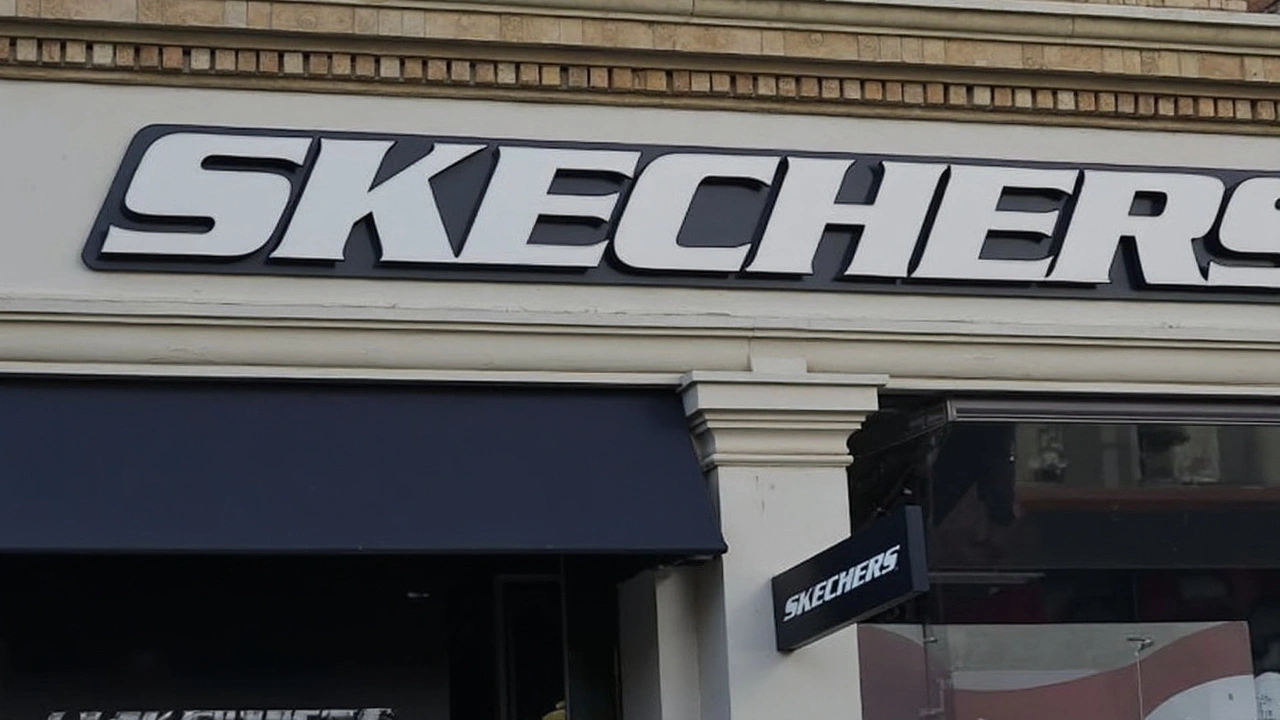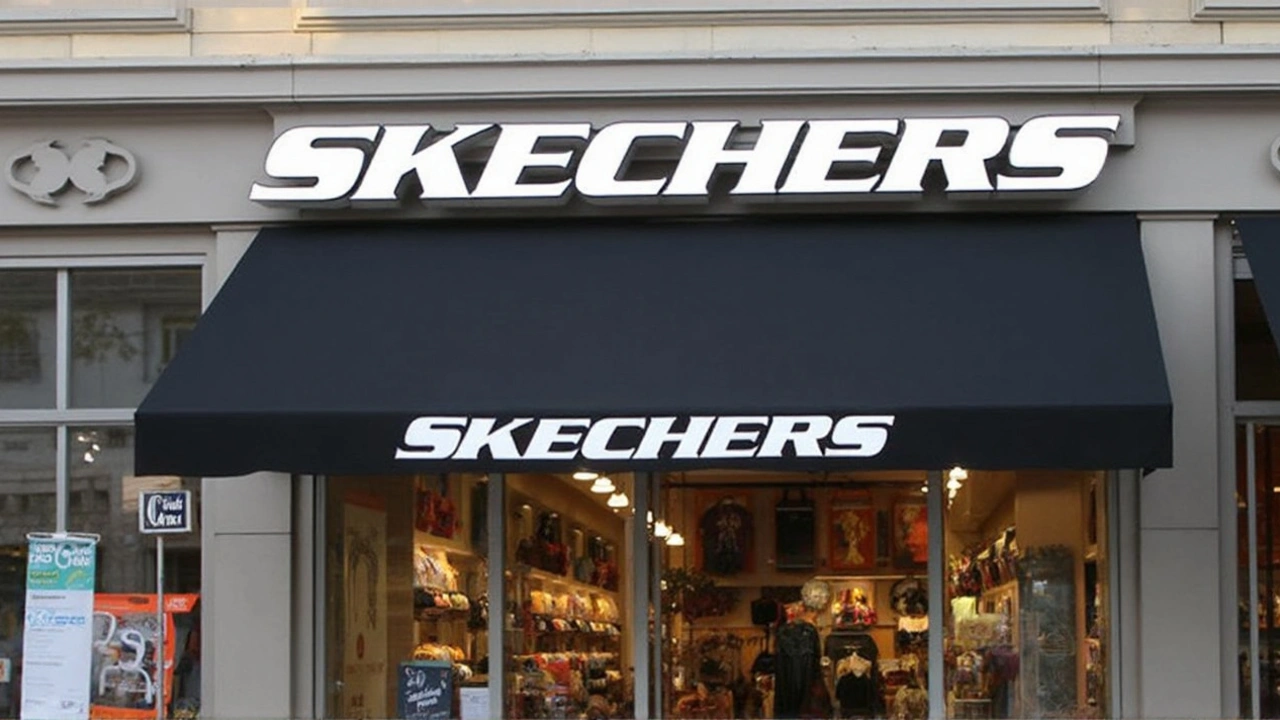3G Capital Steps Up with $9.4 Billion Skechers Acquisition
It’s not every day that a retail giant like Skechers decides to leave Wall Street behind. The latest twist? Brazilian private equity player 3G Capital just dropped a $9.4 billion offer to take the world’s third-largest footwear brand private. Announced on May 5, 2025, this move signals a bold new chapter for the company that’s been outpacing rivals and winning over feet worldwide.
Here’s what makes this deal stand out: 3G Capital has agreed to pay $63 per share for all outstanding stock, handing current holders a hefty 27.6% premium compared to Friday’s market price, and roughly 30% above the 15-day average. Shareholders get options: take the all-cash route, or mix it up with $57 per share plus a piece of the newly private entity. That flexibility makes the proposal even more attractive to those who want a stake in what’s to come.
If you’re holding Skechers stock, you’ve probably noticed the bounce—shares soared nearly 25% on news of the deal, despite sagging about 8% since January. The final handshake is expected by Q3 2025, provided regulators give it the green light. Law firm Paul, Weiss steered 3G Capital through the intricacies, with some top legal names on the case.

Why This Deal, and Why Now?
So what’s behind Skechers making this move? The company, led by founder and CEO Robert Greenberg, racks up a massive $9 billion in annual sales. But it’s been walking a tightrope lately, especially on the supply chain front. About 80% of Skechers’ shoes are imported from Asia—split almost evenly between China and Vietnam. Recent U.S. trade policies, especially the huge 145% tariff on Chinese shoe imports introduced under President Trump, have sent production costs climbing and complicated long-term planning.
That uncertainty has already forced Skechers to pull back its profit guidance for 2025. For a brand positioning itself as the affordable, quality alternative to pricier names like Nike and Adidas, that kind of volatility isn’t just a headache—it’s a business risk. Taking the company private helps shield it from the wild swings of the stock market and gives leadership more freedom to adapt and invest without worrying about quarterly earnings calls.
Robert Greenberg isn’t going anywhere. As the driving force behind Skechers’ global expansion and its focus on durable, innovative, and wallet-friendly shoes, he’s sticking around post-acquisition. Greenberg’s substantial voting power played a big role in lining up support among investors for the deal—he believes steady hands and a clear strategy can steer Skechers through choppy economic waters.
For 3G Capital, known for shaking up industries with deep restructuring and relentless cost control, Skechers is more than just a household name. It’s a growth machine with international reach, branding muscle, and untapped potential away from the pressures of public ownership. With the market’s reaction already signaling support, retail watchers are eager to see what the next phase has in store for this sneaker stalwart.


 Sports
Sports
Seyi Aina
May 6, 2025 AT 18:10Skechers going private is just a cash grab, nothing else.
Shaun Collins
May 6, 2025 AT 18:46Oh yeah 3G thinks they can swoop in and save the day but it’s just a fancy financial stunt. They’ll probably trim costs till the shoes lose their soul. Guess we’ll see if the brand can survive the corporate grind.
Alyson Gray
May 6, 2025 AT 20:10Honestly, this feels like a huge rollercoaster for every Skechers fan out there. I can totally feel the anxiety mixed with hope – like, will the shoes stay comfy? The deal is massive, $9.4 billion is no joke. Some folks are already celebratin, but others are scared it’ll turn into a corporate nightmare. I’m kinda teary just thinkin about the future of those cheap, reliable kicks we all love. Whatever happens, I hope the brand keeps its heart.
Chris Ward
May 6, 2025 AT 21:33Look, I get the drama but I’m not sold on the whole ‘private is better’ hype. It could just be a fancy re‑branding ploy. Plus, you never know what hidden fees the new owners might slip in.
Heather Stoelting
May 6, 2025 AT 22:56Let’s rally behind this move! If 3G can cut costs we’ll see even cheaper sneakers soon. It’s a chance to level up the brand
Travis Cossairt
May 7, 2025 AT 00:20yeah sure it might bring lower prices but also could mean cheaper materials. just wait and see.
Amanda Friar
May 7, 2025 AT 01:43Wow, what a surprise – another private equity swoop on a shoe company that apparently can’t make up its mind. I mean, $9.4 billion? That’s practically pocket change for the likes of 3G, right? It’s not like they’re buying a Fortune‑500 brand to squeeze every cent out of the seams. Oh, and the premium? A generous 27.6 % – as if shareholders needed more reasons to sell. The whole “flexible option” thing sounds like a choose‑your‑own‑adventure, but we all know it’s just a fancy way to lock folks into cash. Imagine the boardroom: “Let’s go private and cut costs, and maybe, just maybe, we’ll keep the sneakers comfy.” Sure, because cost‑cutting always makes for better quality. And don’t even get me started on the supply chain drama – China tariffs, Vietnam shipments, the whole geopolitical circus. I’m sure 3G will solve that with a wave of a spreadsheet. Meanwhile, Robert Greenberg stays on board, probably because he enjoys watching his legacy get turned into a spreadsheet. The market already cheered, which is probably the best indicator that everyone’s thrilled. If you’re a Skechers fan, just sit back and enjoy the ride to the next discount aisle. After all, who needs public scrutiny when you can have private profits? So raise your glasses to the next era of cheap kicks, corporate profit, and endless press releases. Cheers!
Sivaprasad Rajana
May 7, 2025 AT 03:06The acquisition could let Skechers invest more in R&D and reduce reliance on tariffs. Simpler supply chains may improve product availability.
Andrew Wilchak
May 7, 2025 AT 04:30Dude, you’re missing the point – they’re probably gonna slash everything. Don’t worry about the “R&D” hype, it’s all about the bottom line.
Roland Baber
May 7, 2025 AT 05:53While the cost focus is real, consider that sustainable growth often stems from balancing profit with innovation. A mindful approach can keep the brand’s soul alive.
Phil Wilson
May 7, 2025 AT 07:16From a strategic perspective, leveraging economies of scale while maintaining brand equity is paramount; synergy realization will define post‑deal performance.
Roy Shackelford
May 7, 2025 AT 08:40All this is just a cover for a larger agenda – they’re setting the stage for a global footwear monopoly controlled by shadow investors.